Exploring - how we add value with a low carbon economy
Conference Themes
Unveiling the Future Policies and Methodologies
Providing a comprehensive review of current local frameworks and global CCUS policies, pinpointing the primary obstacles to extensive CCUS implementation, and investigating strategies to establish a robust and sustainable commercial market for CCUS (referring to IEA CCUS Policies and Business Models report) we will discuss the different methodologies that can navigate the complex challenges and pave the way for widespread adoption.
CCUS Technologies
Carbon Capture and Utilisation (CCU) technologies are pivotal in combating climate change, addressing both point source emissions and atmospheric CO2. We explore point source capture, direct Air Capture (DAC) advanced sorbents and more. The synergistic use of these technologies optimises carbon capture processes, making them more energy-efficient and economically viable.
Accelerating Decarbonization in Hard to abate industries
As two of the most carbon-intensive sectors globally, aviation, cement, steel and chemical production face unprecedented challenges in achieving sustainability goals. This session aims to explore innovative strategies, technological breakthroughs, and collaborative initiatives that leverage CCUS to significantly reduce carbon emissions from these vital industries.
Uncovering opportunities: Putting CO₂ to use
By transforming captured carbon into valuable products, CCU not only reduces emissions but also contributes to a sustainable, circular economy, fostering a greener and more responsible industrial landscape.
Unlocking Geological Energy Storage
Exploring the geological potential in the realm of Carbon Capture and Storage (CCS). As we delve into this session, our focus is on the diverse rocks and unique geological features that make Oman a geological marvel. Join us in unraveling the intricacies of Oman’s geological storage capabilities.
Digitalizing CCUS: The Tech Revolution
Uncover the transformative role of digital technologies in the realm of CCUS. Explore how remote sensing, cloud computing, artificial intelligence, Internet of Things (IoT), blockchain, and public distributed ledgers are reshaping the landscape of sustainable carbon reductions, capture, management. Discuss case studies, advancements, and collaborative opportunities in this tech-driven revolution.
Catalysing carbon markets and investments
Transitioning from initial projects to widespread implementation requires the establishment of commercial models to ensure profitability through a market-oriented approach. While governmental financial support is instrumental in initiating the first CCUS projects with a net-zero focus, a critical consideration is the long-term strategy required to attain the essential scale of CO2 capture and storage necessary for Paris Agreement compliance.
Explore the burgeoning landscape of Carbon Capture, Utilisation, and Storage (CCUS) technologies, focusing on their scalability and burgeoning market opportunities. Discuss the latest advancements and strategies for sustainable growth.
CO₂ storage for enhanced oil recovery
CO₂ storage for EOR offers a dual benefit, transforming an
environmental challenge into an opportunity. By injecting CO₂ into
depleted oil reservoirs, EOR increases oil production efficiency,
extending the lifespan of existing fields. Simultaneously, this process
sequesters CO₂ underground. EOR can support more efficient
energy solutions, bridging economic and ecological imperatives.
CCUS at scale: Navigating Infrastructure Challenges
Address the intricate challenges associated with building robust infrastructure for effective carbon management. Delve into solutions, innovations, and best practices that can overcome hurdles in the development and maintenance of sustainable carbon related infrastructure
Spotlight on CCUS projects
Showcasing impactful Carbon Capture, Utilization, and Storage (CCUS) initiatives on a global scale. The session features project presentations from leading companies, emphasizing success stories, lessons learned, and diverse applications of CCUS.
Measuring what matters
Verification and monitoring are paramount in carbon crediting, ensuring the permanence of carbon removals. Rigorous oversight safeguards against inaccuracies, double counting, and reversals, enhancing the credibility and effectiveness of carbon offset projects in addressing climate change.
